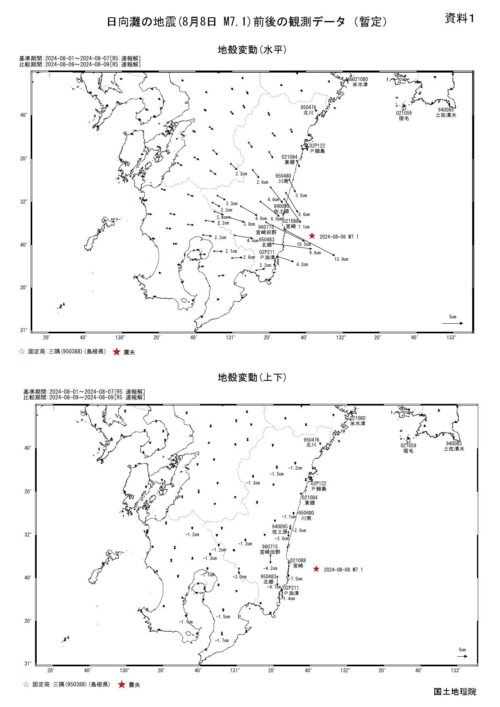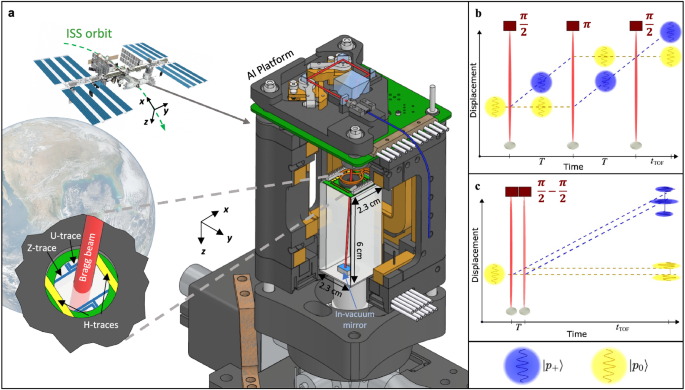2024-08-13 スイス連邦工科大学ローザンヌ校(EPFL)
<関連情報>
- https://actu.epfl.ch/news/ai-enhances-chemical-analysis-at-the-nanoscale/
- https://pubs.acs.org/doi/10.1021/acs.nanolett.4c02446
高度なナノスケールX線分析のための機械学習の活用: 多成分シグナルの混合を除去し、化学的定量性を向上させる Leveraging Machine Learning for Advanced Nanoscale X-ray Analysis: Unmixing Multicomponent Signals and Enhancing Chemical Quantification
Hui Chen,Duncan T. L. Alexander,Cécile Hébert
Nano Letters Published: August 6, 2024
DOI:https://doi.org/10.1021/acs.nanolett.4c02446
Abstract

Energy dispersive X-ray (EDX) spectroscopy in the transmission electron microscope is a key tool for nanomaterials analysis, providing a direct link between spatial and chemical information. However, using it for precisely determining chemical compositions presents challenges of noisy data from low X-ray yields and mixed signals from phases that overlap along the electron beam trajectory. Here, we introduce a novel method, non-negative matrix factorization based pan-sharpening (PSNMF), to address these limitations. Leveraging the Poisson nature of EDX spectral noise and binning operations, PSNMF retrieves high-quality phase spectral and spatial signatures via consecutive factorizations. After validating PSNMF with synthetic data sets of different noise levels, we illustrate its effectiveness on two distinct experimental cases: a nanomineralogical lamella, and supported catalytic nanoparticles. Not only does PSNMF obtain accurate phase signatures, but data sets reconstructed from the outputs have demonstrably lower noise and better fidelity than from the benchmark denoising method of principle component analysis.



